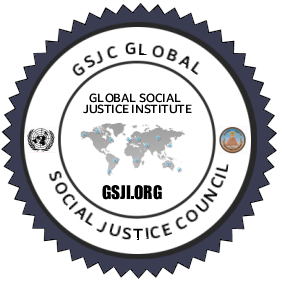GLOBAL SOCIAL JUSTICE INSTITUTE
Self-determination “implies that all peoples have the right to determine freely their political status and their place in the
international community based on the principle of equal rights and exemplified by the liberation of peoples from
colonialism and by the prohibition to subject peoples to alien subjugation, domination and exploitation.”
| ||
Virus Justice Italian Freedom Day J23 History of Racism Book-HR Join Commission Ethics Badges Site Map Education Policy Agenda Top Social Justice Issues Anti Slavery Book Truth and Justice Commission USA Ethnic Justice Truth and Justice Commission * Anti Slavery Society - Election Intrigrity George Mentz Colorado Springs Coronavirus Biden Fault Negligence |
Accreditation Bodies: www.GAFM.com * www.GAFM.org * www.CertifiedProjectManager.eu * www.AAFM.org * Certified Project Manager * Certified e-Commerce Consultant * Royal Law Society * Royal Business Society * Royal Business College * Royal Fellows * Royal Economics Academy * Oxford Law School * AAFM * Certified International Project Manager *

